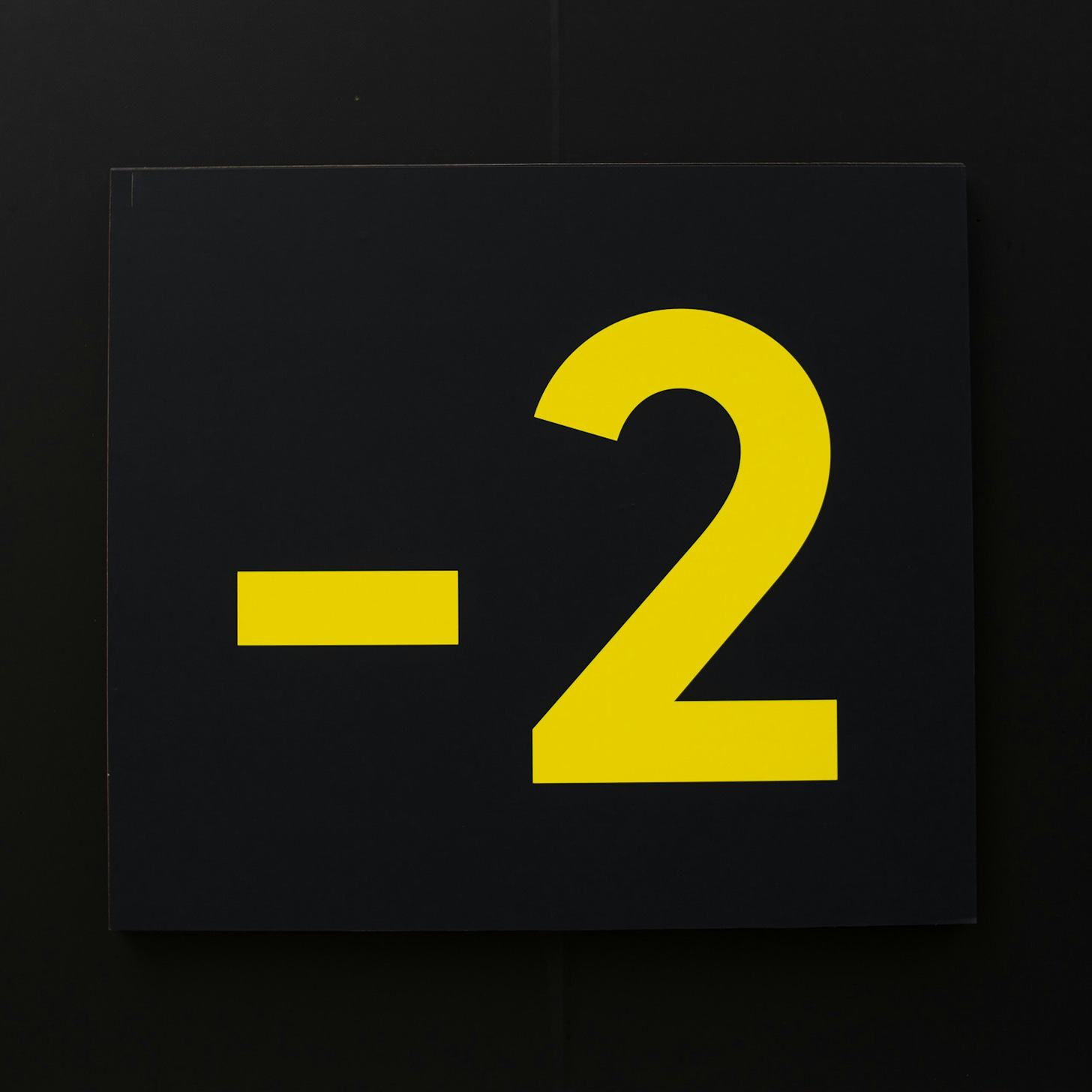Make Subtraction a Team Habit
Subtraction needs to be more than a one-off, when-you-think-about-it activity

From Matt Lerner's "The Wrong Types of Mistakes":1
Ask each person on your team to write down five things you could stop doing tomorrow without really hurting the business. Next, go around the room (or Zoom) and ask each person to read out their list. You'll probably find a lot of similarities in the responses, and when you disagree, it should lead to a productive discussion. Once you agree on a few, make that list, and break some plates."
I want to amplify the message and take it one step further: rather than making this a one-off exercise, we need to develop the team habit to do this pretty regularly.
In Subtraction, Leidy Klotz showed that people typically neglect subtraction as a problem-solving vector and instead make addition our go-to. As the days and weeks bring us new problems, we pile on new additions.
While most people think about the problem of addition when it comes to projects, the real beast is the routines that pile up on us. In most teams and orgs, routines are conceptually hand-waved away or forgotten about when it's time to prioritize and plan. Many people see some future three or four weeks from now when we've completed the current projects as empty free space we can plop more projects.
The reality is that three or four weeks from now, even if you ship projects on time, there will be 30-60% of your time already eaten up by routines. Add meetings on top of that and most teams really don't have any free space for the foreseeable future.
The last tie-in today is the legacy routine problem. Here's an example of how it works: four years ago, Alex created a standard routine that probably had a manifest reason it needed to be done. New teammates inherited that routine, then shared it with new teammates, who shared it with new teammates, but the reason it was created in the first place is now no longer operative or relevant. The routine is maintained because the routine has been maintained and, in the whirlwind, no one questions why it needs to be done. It's often easier to just do the routine than to drop it.
Routines and meetings eat up our time and create new problems that we solve by additions that eat up more time by creating new routines and meetings.
Since we know that we as individuals and as a team likely have the bad habit of addition, we need to proactively and intentionally create good subtraction team habits.
Here are some practices to try:
Create a regular meeting every quarter or six months with a specific agenda to discuss and subtract work that no longer needs to be done. As a general rule, the faster your team adds, the more frequently you need to meet to drop stuff.
Make it a team habit that individual teammates can share routines that they're dropping and why. Using a shortcode like UIHO (Unless I Hear Otherwise) can go a long way — "I've checked with a few teammates, including who I could guess wanted or needed it, and no one knows why we're doing the TPS report anymore. UIHO, I'm going to stop doing it this Friday." (Exception: regulatory, compliance, and risk-mitigation routines.)
Use the following events as a catalytic moment to drop some routines: before strategic planning sessions, the start of onboarding a new teammate, or when there's a dramatic pivot in the business or operations.
If your team uses a strategic execution framework like OKRs, always tie work to at least one OKR or initiative. This will at least allow you to evaluate if, all things considered, the work to do the routine or project is the best way to push the OKR or initiative forward.
If you or your team has ways of making subtraction a team habit, I'd love to hear about them, too!
Matt’s newsletter is a gem if you’re interested in startup growth. It’s often contrarian and always sound.



